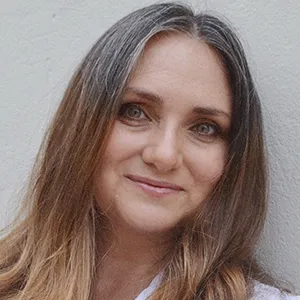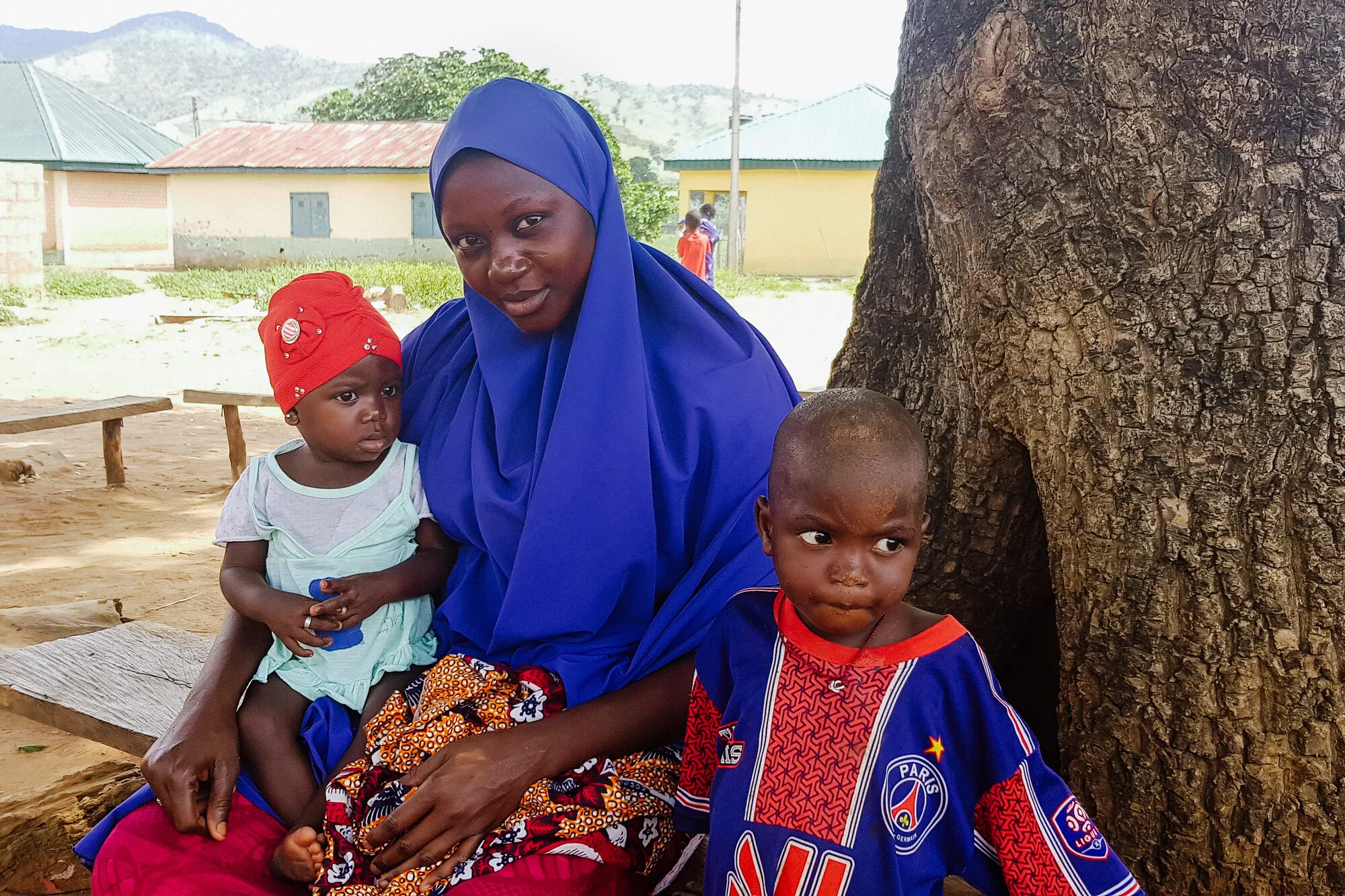International Day of Peace: a concept refined over time
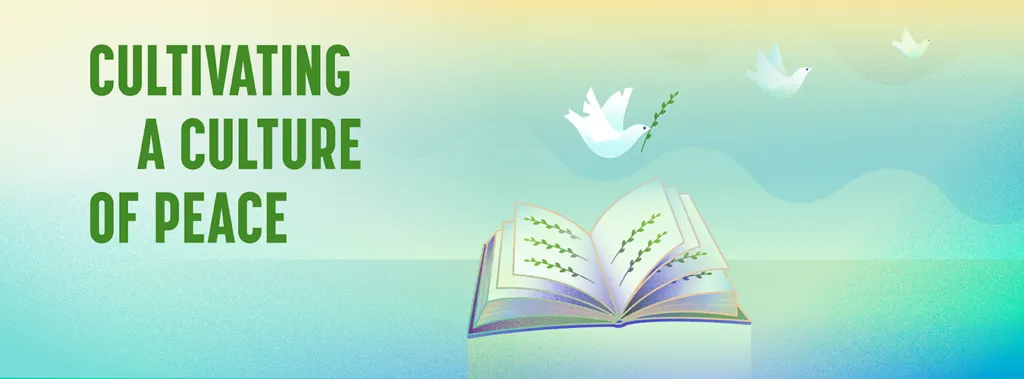
Saturday, 21 September, marks the International Day of Peace, a day established in 1981 by the United Nations General Assembly as a period of non-violence and cease-fire.
The special day’s observance is always marked by a theme and logo – generally one reflecting the current understanding of what peace means and looks like.
Twenty-five years ago, the United Nations General Assembly adopted the Declaration and Programme of Action on a Culture of Peace.
In that declaration, the United Nations’ most inclusive body recognised that peace “not only is the absence of conflict, but also requires a positive, dynamic participatory process where dialogue is encouraged, and conflicts are solved in a spirit of mutual understanding and cooperation.”
In 1999, the UN General Assembly laid out the values required to establish a culture of peace. These included respect for life, human rights and fundamental freedoms; the promotion of non-violence through education, dialogue and cooperation; commitment to peaceful settlement of conflicts; and adherence to freedom, justice, democracy, tolerance, solidarity, cooperation, pluralism, cultural diversity, dialogue and understanding at all levels of society and among nations.
In follow-up resolutions, the General Assembly recognised the importance of choosing negotiations over confrontation and working together and not against each other.
This year, the day’s theme and logo have been framed by a statement made by The Constitution of the United Nations Educational, Scientific and Cultural Organization (UNESCO): the notion that “wars begin in the minds of men so it is in the minds of men that the defences of peace must be constructed”.
That is, “The ideas of peace, the culture of peace, need to be cultivated in the minds of children and communities through formal and informal education, across countries and generations.”
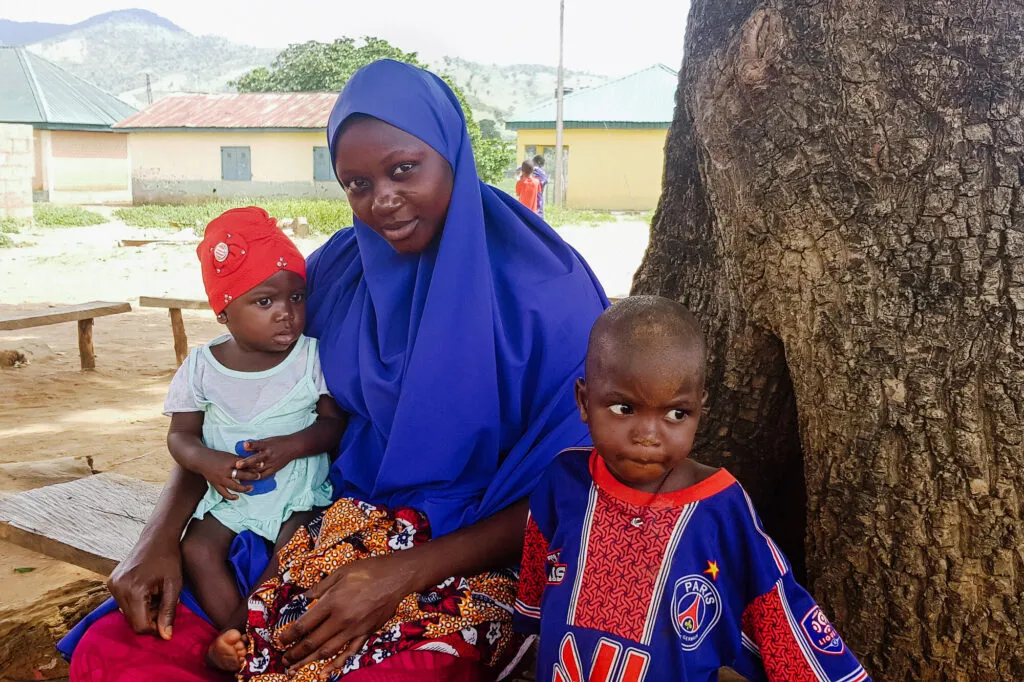
Caring for people caught at the intersection of conflict and leprosy
The Leprosy Mission exists to serve people affected by leprosy in a range of individually beneficial and globally responsible ways.
Along with the health difficulties associated with leprosy, the people The Leprosy Mission serves often live in contexts where, at least on the surface, peace is a significant challenge.
Facing challenges such as limited education and employment opportunities, distressed local economies, political unrest, religious or racial violence, displacement and even war, people affected by leprosy in these contexts often prove to be courageous and resilient.
Today, as we mark this International Day of Peace, we focus on their stories and commit ourselves again to supporting their efforts to overcome leprosy in the most challenging circumstances.
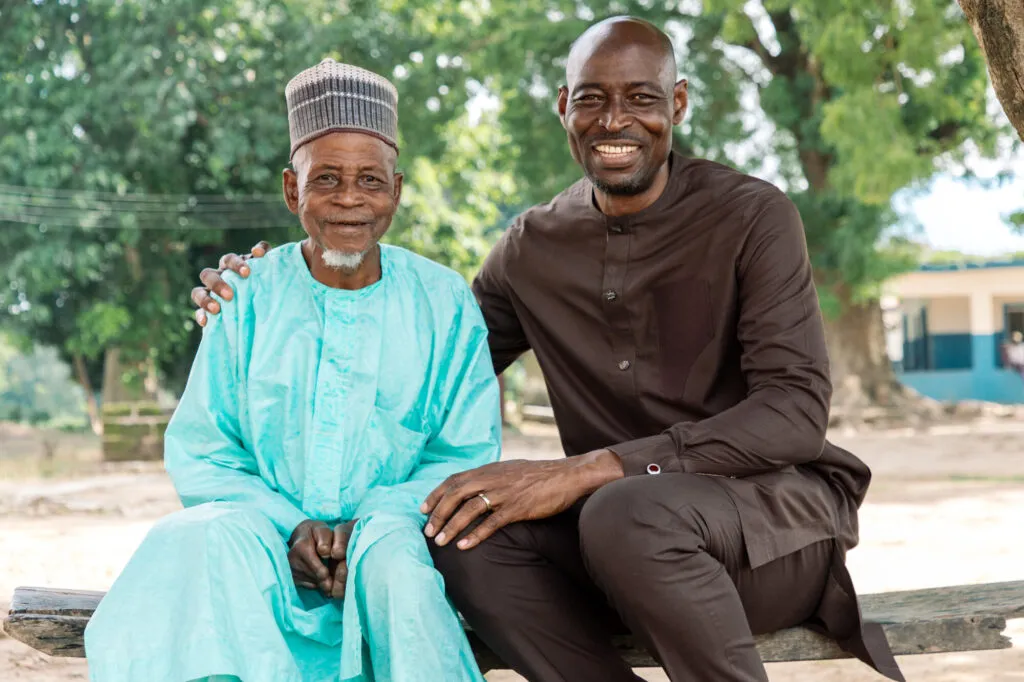
The Leprosy Mission at work in Nigeria
In the West African country of Nigeria, attempts to establish peace are continually disrupted by the intersecting problems of political and economic instability, violent conflicts over land between farmers and herdsmen, the internal displacement of large groups of people, and attacks by militant/terrorist groups who are driven by extreme Islamic ideology, such as Boko Haram, and who clash with Nigerians of other religions and the Nigerian state.
The Leprosy Mission faces the challenge of providing practical care and programs daily in this complex context. In Zamfara, The Leprosy Mission runs self-help groups (SHGs), which can be for men or for women, or combined, depending on the local situation.
These SHGs work in collaboration with other community-level groups and the Joint National Association of Persons with Disabilities (JONAPWD), an umbrella organisation of persons with disability established in Nigeria to promote the rights and development of Nigerians with disabilities at a local and international level. JONAPWD is a full-fledged member of the International body called Disabled People’s International (DPI). It serves as a link between Organisations of Persons with Disabilities (OPDs) in Nigeria and the international community. Though recognised by the Federal government, JONAPWD is not funded by the Government, but by local and international organisations.
Local SHGs provide people affected by leprosy with a community where they can share resources, give and receive emotional support, and unite to advocate for the resources they need.
When asked about the benefits of SHG membership, the men’s group members primarily talked about access to training/loans for small business development and vocational training (tailoring, bike mechanics, kiosk management). Members also spoke about the benefit of being united in lobbying the government for support. They also talked about the support they could give one another through the group – for example, if a group member needed assistance paying for health costs.
Some members also shared their experiences of discrimination, including their family members being referred to as “sons of a cripple” and feeling ignored. However, members also talked about the positive perception of the SHG. The group has purchased a car and used it to assist many people in their community – for example, in medical emergencies. This has given the group respect in their community. Members felt that the discrimination they had faced as people with disability was changing because of the group. “We now have a voice; we are united and recognised – even by the government”.
Field report from Zamfara
Pius Ogbu Sunday, The Leprosy Mission Nigeria’s Operations Manager, has provided the following report on how the organisation handles the risk of conflict while continuing its crucial work to end leprosy.
“Zamfara is one of the states in the hotbed of this insecurity. However, we’ve found ways to navigate the implementation of the project we are carrying out there.
Working in certain areas in Zamfara is very dangerous. These are areas where we have increased bandits’ operations that have negatively impacted some of the villages within the catchment area that we are implementing, the integrated entity, and disability project in Zamfara.
We carry out routine assessments, working in collaboration with security operatives. This includes the Nigerian military, the Nigerian police, and the special tax force that carries out routine surveillance of the security situation in Zamfara.
Part of the benefit of this collaboration is that we receive up-to-date information regarding the security situation, enabling us to plan our activities in terms of when we can go to the field and where we are advised to go.
Sometimes, some of these situations or the flash points will last for a few days, and based on security reports, it will determine if we need to suspend the implementation of activities for probably a couple of days. We’ve not had any situation that dragged on for weeks [where] we cannot access those communities.
Because of the security reports we get, we can carry out routine monitoring that allows us to determine how our staff are advised to proceed with implementation. This is for more than just our staff. It’s also for the staff within the states because we also collaborate with the state government team to determine when and where they can go.
We also have a security protocol that we follow as a guide. This protocol ensures that a specific individual continues to engage with the team that is out in the field. As they progress into the community, at particular distances, they continue to give feedback and updated information about where they are and what’s happening around them.
We also continue to depend on the local Community Alert Teams, who keep watch within their communities. They give us up-to-date information to ensure that if the security situation changes, even while we are in the field, we can quickly access this information, and our staff or the staff of the state team are immediately evacuated from that area.
So those are some of the steps we’ve taken and have largely been very useful in carrying out our work in Zamfara.”
Do your part to support the work of The Leprosy Mission in Nigeria this International Day of Peace.
https://leprosymission.org.au/projects/enhance-care-ntds-nigeria
